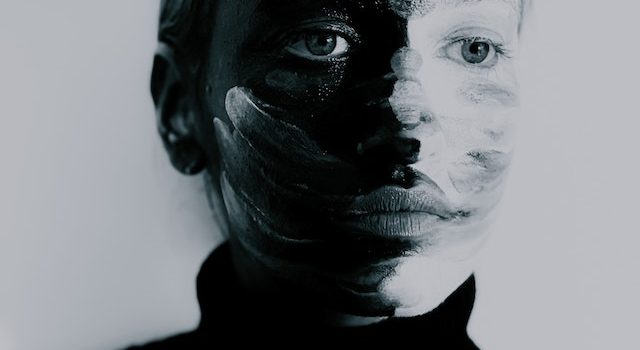
Recognizing the early warning signs of bipolar disorder is crucial for early intervention and effective management of the condition. Bipolar disorder is a mental health condition characterized by extreme mood swings, including periods of mania and depression. By understanding the red flags associated with bipolar disorder, individuals and their loved ones can seek appropriate help and support. Here are some common early warning signs to watch out for:
1. Extreme Mood Swings: Bipolar disorder is characterized by intense mood swings that go beyond normal variations in mood. These swings can include periods of elevated mood and energy (mania) and periods of intense sadness, hopelessness, or loss of interest (depression).
2. Increased Energy and Activity: During manic episodes, individuals with bipolar disorder often experience a significant increase in energy levels. They may feel restless, have racing thoughts, and engage in impulsive behaviors, such as excessive spending or risky sexual behavior.
3. Decreased Need for Sleep: During manic episodes, individuals may require less sleep than usual, feeling refreshed and energized even with minimal rest. This decreased need for sleep is often accompanied by a sense of being constantly active and productive.
4. Grandiose or Inflated Self-Esteem: During manic episodes, individuals may exhibit a grandiose sense of self-importance or have an inflated self-esteem. They may believe they possess special powers, talents, or abilities that set them apart from others.
5. Rapid Speech and Racing Thoughts: Manic episodes are often associated with rapid, pressured speech. Individuals may talk excessively, jump between topics, and have difficulty focusing or following conversations. Their thoughts may also race, making it challenging to concentrate on a single task.
6. Irritability and Agitation: While mania is often characterized by an elevated mood, individuals with bipolar disorder may also experience irritability, agitation, or increased anger. They may become easily frustrated, have a short temper, and engage in conflicts or arguments.
7. Changes in Sleep Patterns: Both manic and depressive episodes can disrupt sleep patterns. While mania is associated with a decreased need for sleep, depressive episodes can cause excessive sleepiness, insomnia, or changes in sleep patterns, such as difficulty falling asleep or waking up too early.
8. Loss of Interest or Pleasure: During depressive episodes, individuals may experience a persistent feeling of sadness or emptiness. They may lose interest or pleasure in activities they previously enjoyed, have difficulty concentrating, and may withdraw from social interactions.
9. Changes in Appetite or Weight: Bipolar disorder can cause changes in appetite and weight. Some individuals may experience increased appetite and weight gain during depressive episodes, while others may have a decreased appetite and weight loss during manic episodes.
10. Impaired Functioning: Bipolar disorder can significantly impair a person’s ability to carry out daily activities, fulfill responsibilities, and maintain healthy relationships. Difficulties at work, school, or in personal relationships may become noticeable during both manic and depressive episodes.
It’s important to note that not everyone with bipolar disorder will experience all of these symptoms, and the severity and duration of episodes can vary. If you or someone you know is exhibiting these early warning signs, it’s important to seek professional help from a mental health provider. Early intervention and appropriate treatment can help manage symptoms, improve quality of life, and prevent potential complications associated with bipolar disorder.










